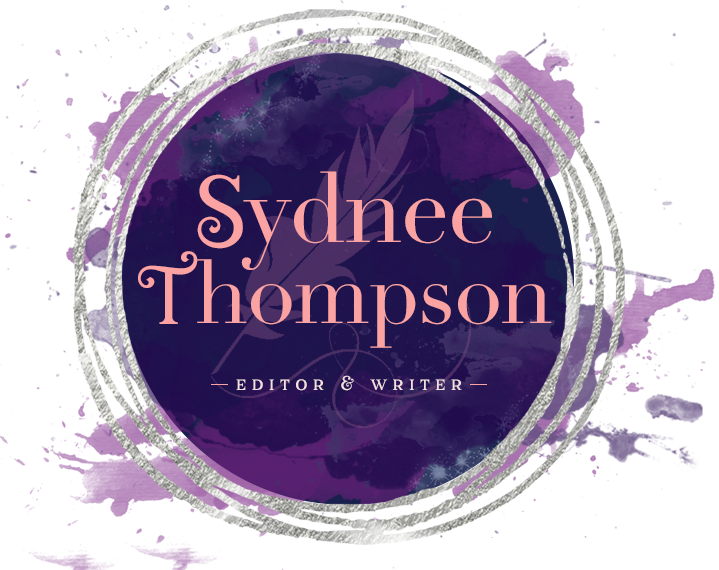 As soon as I read the synopsis for this book, I immediately thought of myself ten minutes after I finished reading The Lovely Bones, soaked in tears and misery. I really enjoyed reading that novel, but I’ve found myself avoiding fiction with similar themes because the angst can get a bit hard to handle after a point. So when I was given a copy of The Returned during a Harlequin BEA blogger event, I was intrigued but hesitant.
As soon as I read the synopsis for this book, I immediately thought of myself ten minutes after I finished reading The Lovely Bones, soaked in tears and misery. I really enjoyed reading that novel, but I’ve found myself avoiding fiction with similar themes because the angst can get a bit hard to handle after a point. So when I was given a copy of The Returned during a Harlequin BEA blogger event, I was intrigued but hesitant.
“So, honest question,” I asked one of the Harlequin editors. “On a scale of one to ten, just how depressing is this book?”
She laughed at me and said only a little, but that it’s steeped in so much meaning and beauty that it doesn’t matter. Pshaw, I thought. P-SHAW.
***
The best way to describe The Returned is that it’s a book about second chances. Harold Hargrave and his wife Lucille are an 80-something couple living in the rural South when a sharply dressed black man (I only mention this because this seems to be the defining characteristic of the guy… it’s used almost every time he shows up) appears on their doorstep with a young boy. Inside, Lucille watches news coverage of the ‘Returned’ epidemic that began a few months ago, where the dead inexplicably rise from their graves, wholly alive and not aged a single day beyond their deaths. Lucille condemns the phenomenon as an abomination… that is, until the moment her husband announces that their young guest is their 8-year old son, Jacob, who drowned more than 50 years prior.
The story of The Returned is, at its core, the story of the Hargrave family as they wrestle with demons from their past, but other stories are interspersed: Martin Bellamy, the sharply dressed black man from the International Bureau of the Returned, plays a prominent supporting role, as do other members of the town of Arcadia. The narrative also explores the world from the perspective of several of the Returned, adding an interesting edge to the novel’s narrow focus. I struggled to understand the chronology of these scenes at first (the first couple seemed like they were taking place before the Returned had died), but they go along consecutively with the events of the Hargrave story.
Naturally, the world descends into chaos as every nation is forced to provide for millions of people who shouldn’t exist, but not everyone comes back, and this also causes a great deal of heartache and bitterness. I especially admired Mott’s attention to detail regarding the varied reactions the characters have to the situation. Some become deliriously happy, others get suspicions, angry or distant, but the emotions fill a vibrant and realistic range fully entrenched in each character’s development. That’s the novel’s biggest strength – every character, minor or major, has subtle quirks that make them come alive. The attention to the same unique details, such as Bellamy’s well-pressed suits, throughout the novel tell us more about the people than any straightforward adjectives could, although Mott wields his adjectives and descriptions masterfully as well (you can really tell that this guy’s a poet).
Problems arise, however, when the narrative gets a bit too detailed… characters that pop into a scene for a couple of lines get their own vivid backstory, which slows down the narrative. I found myself wanting to skim ahead a couple of times, though I avoided the impulse for the most part. Toward the middle of the novel the characterization takes precedence over the action, and my interest floundered as a result. The sparse ending fit well with the tone of the book, but I still felt disappointed because the author could’ve easily fit more resolution if he had streamlined the introspection. There are plenty of unanswered questions, but I’m sure they’ll be addressed in the sequel. Overall, I loved the concept and enjoyed the interaction between characters, but there isn’t a lot happening in this book. That seems like it should be a contradiction when people are coming back from the dead en masse, but I’m still curious to see how Mott will explore this story in the future.
So, Final Verdict: If you’re a fan of literary fiction, definitely go for it, but if you’re a uncultured yahoo like me who likes to see things blowing up every second, proceed with caution. And to address the “how depressing is this novel?” question… actually, it wasn’t bad! I teared up a bit at the ending, but that was it. My pajamas are not soaked in tears and misery and honestly I think I’m a better person for that.
My ARC of The Returned has a huge, superficial rip in the pretty cover (so sad!), but I’m still willing to part with it if anyone’s interested. Just post in the comment section below.





 Occasionally, a book comes along that is so delightfully weird, magical, and heartbreaking that it leaves me staring at the last page, speechless long after I’ve finished… this is one of those books.
Occasionally, a book comes along that is so delightfully weird, magical, and heartbreaking that it leaves me staring at the last page, speechless long after I’ve finished… this is one of those books.





